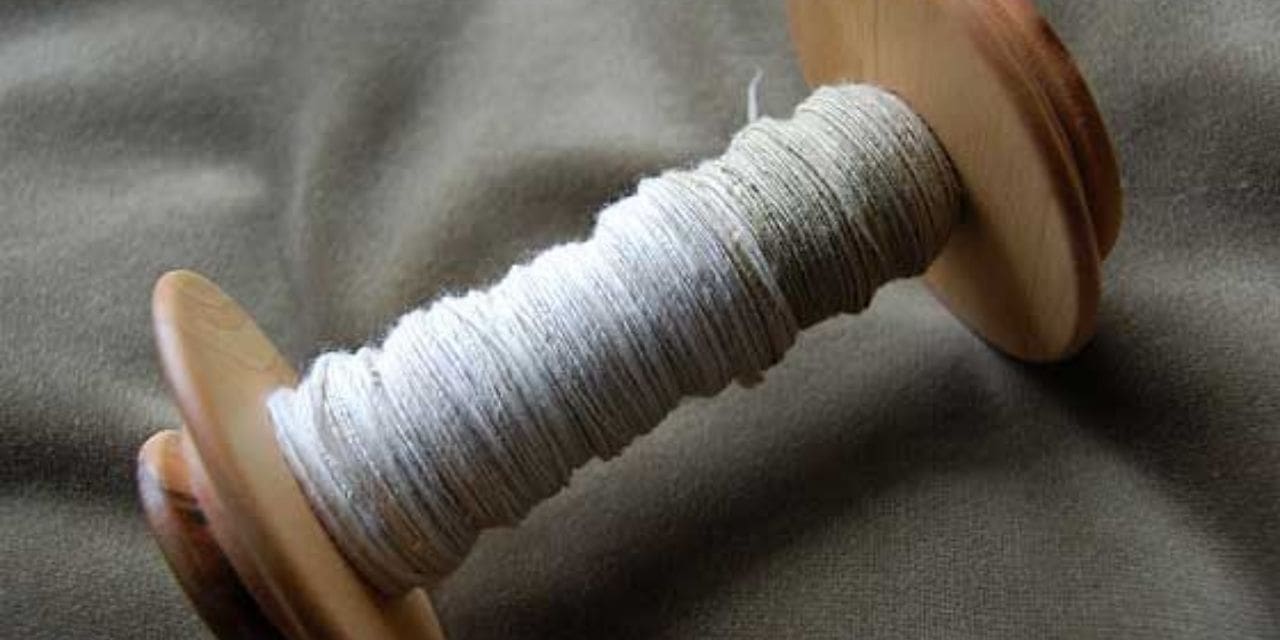The Centre has told the textiles industry that the issue of high prices for cotton bales (lint) and yarn should not in any way impact the returns cotton farmers are currently getting in the domestic market.
Speaking to textile industry stakeholders at a meeting today, Piyush Goyal, Union Minister of Textiles and Commerce & Industry, said farmers interests were being taken care of for the first time as they are now getting better prices for cotton supported by a better minimum support price (MSP).
Urging the industry to resolve the issue over high cotton and yarn prices through a spirit of collaboration rather than competition, the minister asked the industry leaders to not force the Government to intervene.
Industry tussle
The meeting was held in view of downstream textile industries expressing concern over high cotton yarn prices. Yarn prices have increased in view of cotton prices skyrocketing to record highs.
Cotton (lint) prices for the benchmark Shankar-6 variety had zoomed to about Rs. 70,000 a candy (356) before dipping to Rs. 63,000 on Wednesday ahead of the stakeholders meeting on fears that the Centre may ban cotton exports or impose stock limits. After the meeting, prices were up and quoted at Rs. 64,000 this evening.
In agricultural markets, particularly Gujarat, modal prices or rates at which most trades take place of cotton shot up to as high as Rs. 9,000 a quintal before Diwali before dipping to near Rs. 8,000 this week. On Thursday, they gained Rs. 100 at Rs. 8,200.
Reflecting global trend
Indian cotton prices have gained in line with the global trend with prices rising to a 10-year high on low production, increasing demand and supply constraints. On the Intercontinental Exchange, December cotton futures are currently ruling at 118.85 cents a pound (Rs. 69,900 a candy).
The Confederation of Indian Textiles Industry (CITI), the apex body for the industry in the country, told the Centre that only recently have yarn manufacturers began finding parity after 2014. But, with cotton prices making up 70 per cent of the production costs, spinning mills were finding the going tough.
It said while cotton prices have surged by 80 per cent to 120 per cent since October last year, yarn prices have increased between 38 per cent and 58 per cent only.
2011 intervention
CITI urged the government not to undertake any market intervention measure that would affect the spinning mills. Similar intervention in 2011 by the Centre had affected them badly, it said. The apex body said cotton imports should be allowed duty-free, which was in vogue until early this year.
Goyal cautioned cotton traders against price manipulation or hoarding to make unfair profits. He said the manufacturing sector should not depend on Government support for growth.
Too much dependence on State support is not healthy for the robust growth of the sector, Goyal said, adding that the idea of short-term high profits by a section of players in the textile value chain is not sustainable. “Let free and fair market forces play out”, he said.
The Minister said the whole value chain gets affected even if one section gets weak. He exhorted all stakeholders in the industry to support each other for long term sustainable growth.

